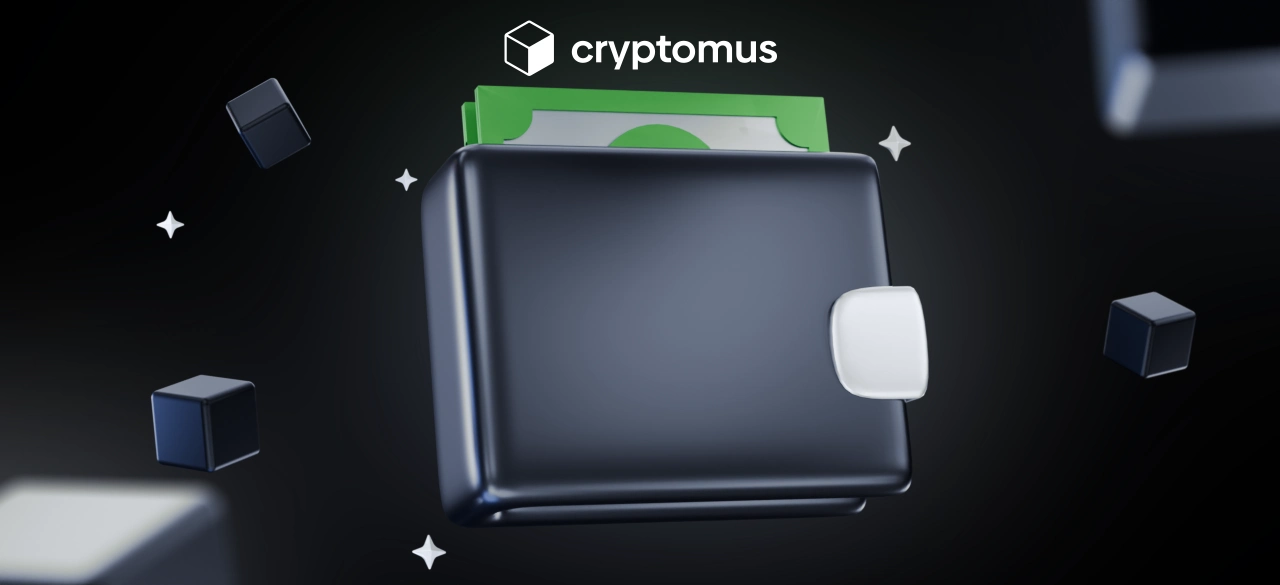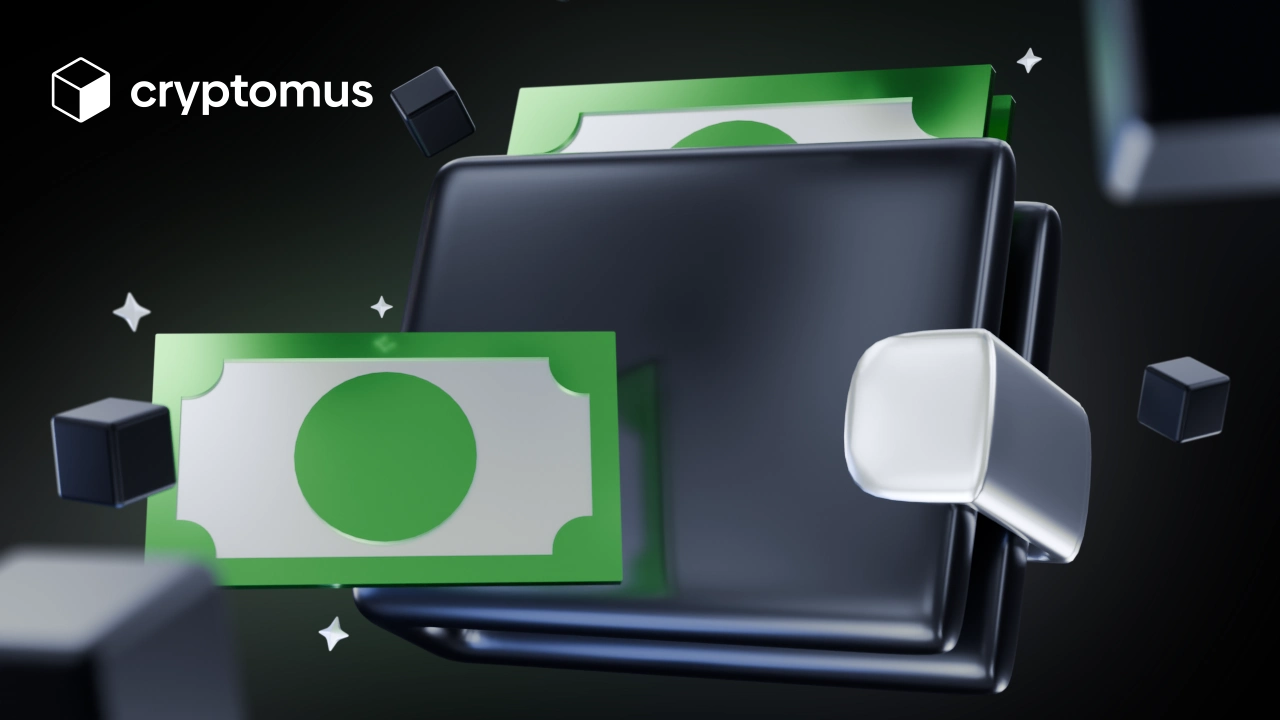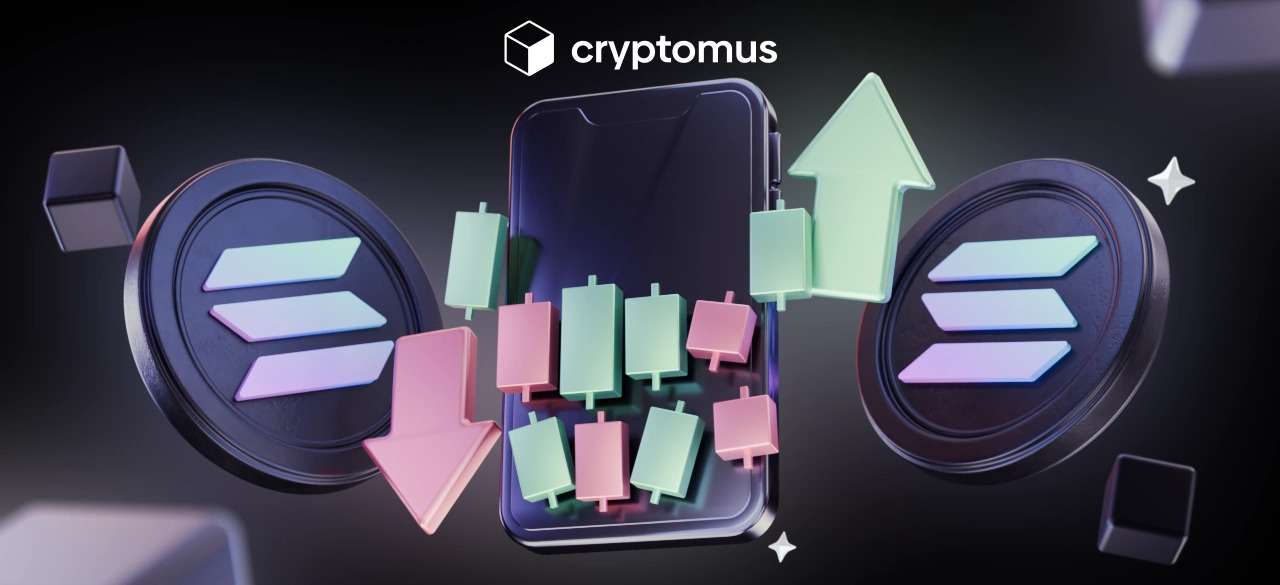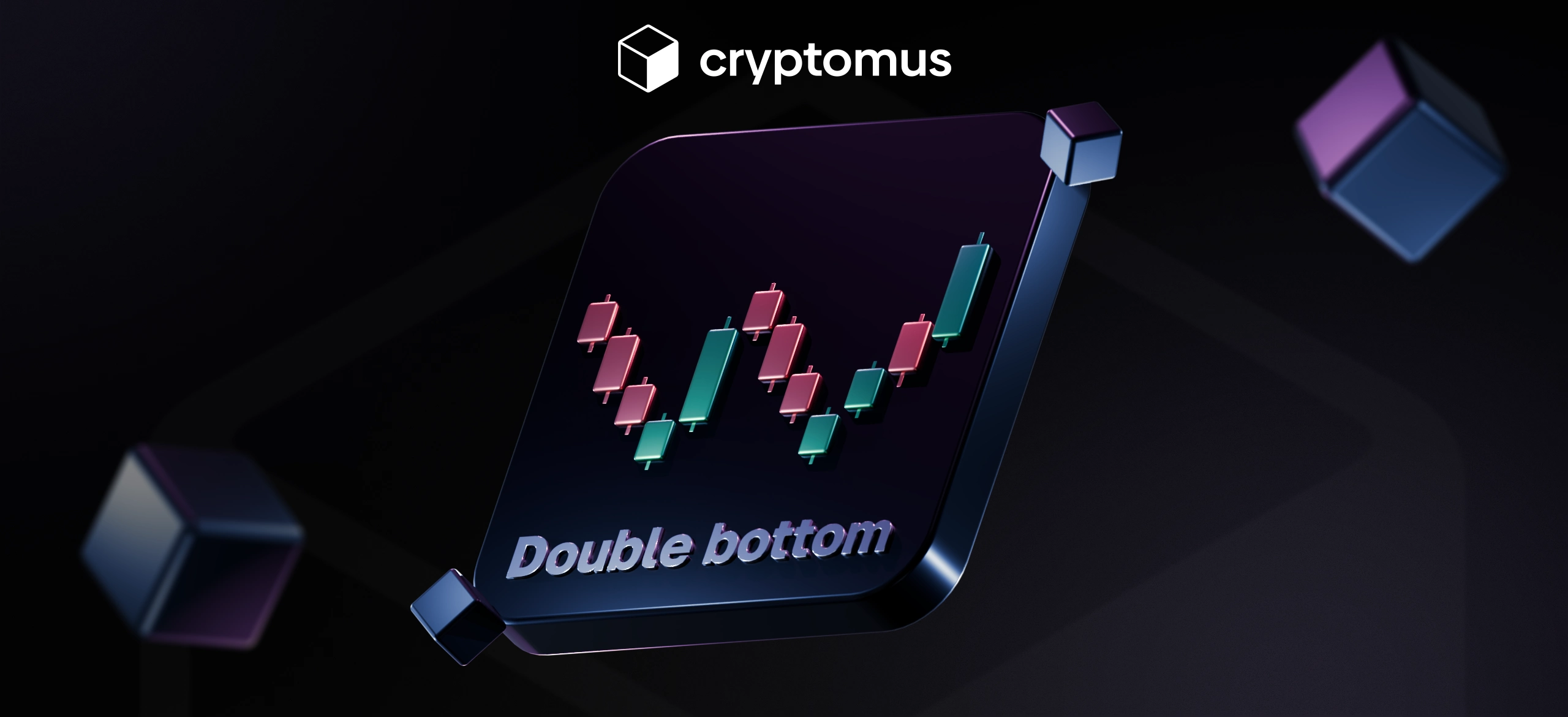
What Is A Paper Wallet And How to Create It
Table of Contents
Cryptocurrency investments demand top-tier asset security. A paper wallet is one of many options that offers a classic yet reliable method of protection.
Today we will discuss paper wallets. We’ll clarify what it is, how to create one, and even compare it to a hardware wallet.
What Is A Bitcoin Paper Wallet?
A paper wallet is a physical record of the public and private keys required to access and manage your tokens. Although paper wallets may appear outdated, they offer a secure offline method to protect digital assets from online risks.
The private key on a paper wallet is a random code that unlocks your funds. It's the most critical element of a paper wallet. Its compromise grants full control over your funds, while its loss results in permanent inaccessibility.
Additionally, these types of wallets have a QR code for quick payments. Despite their reputation for security, paper wallets carry inherent risks that we'll explore in more detail.
How Does a Paper Wallet Work?
A paper wallet works as offline storage for your cryptocurrency. It involves generating a cryptographic key pair and subsequently printing it on paper. Printing it creates a physical backup of your wallet.
When you want to receive BTC coins, you share your public key with the sender, and he transfers the funds to your wallet address. To redeem a Bitcoin paper wallet, you'll need to import the private key into a supported wallet and spend your BTC.
How To Create A Paper Wallet?
Beyond Bitcoin, paper wallets can securely hold various digital assets. However, it needs to be mentioned that you cannot utilize a single paper wallet for multiple cryptocurrencies because each wallet is connected to a distinct blockchain, requiring a unique wallet for each crypto.
The general process of creating a paper wallet involves these steps:
- Pick a Reliable Paper Wallet Generator: There are multiple tools for that; the popular ones are BitAddress and Cropty.
- Generate a Key Pair: The generator will create a new address and its corresponding private key.
- Print the Wallet: Print the keys clearly on high-quality paper.
- Secure the Wallet: Store the paper wallet in a hidden, fireproof place.
Make sure to always research the cryptocurrency and its wallet options before attempting to create a paper wallet. Paper wallets offer a simple way to store your tokens offline, but prioritize security for larger amounts. Consider a hardware wallet for the most secure storage or a full-featured software wallet for a balance of convenience and protection.

How To Send Bitcoin From A Paper Wallet?
While a paper wallet stores your cryptocurrency keys, it's not an active tool for making transactions. To send Bitcoin from a paper wallet, do this:
- Retrieve the Private Key
- Input It into a Compatible Bitcoin Wallet
- Access Your Funds
- Initiate a Transaction to the Recipient's Wallet Address
Although the procedure is relatively straightforward, a software wallet provides a more efficient means of conducting frequent transactions.
Paper Wallets Vs. Hardware Wallets
Both paper and hardware wallets offer cold storage solutions, but they have distinct characteristics. Here are the key differences between them:
- Security: Paper wallets are less secure than hardware wallets, which provide both physical protection and advanced security measures.
- Convenience: Paper wallets are simpler to use, but hardware wallets offer more features and integration with different platforms and exchanges.
- Cost: Hardware wallets are generally more expensive than paper wallets, especially for high-end models.
- Functionality: Hardware wallets prioritize security with features like multi-signature, cold storage, and broad cryptocurrency support.
Thus, both wallets can protect your tokens, but hardware wallets provide greater convenience and have extra features you might be interested in. But if you don’t want to spend money on those, paper wallets get the job done as well.
That was everything we wanted to tell you about paper wallets. While they effectively protect your funds offline, careful handling is crucial to preventing losses.
Hopefully, our guide was helpful. Send in your thoughts and questions below!
Simplify Your Crypto Journey
Want to store, send, accept, stake, or trade cryptocurrencies? With Cryptomus it's all possible — sign up and manage your cryptocurrency funds with our handy tools.
Get Started









